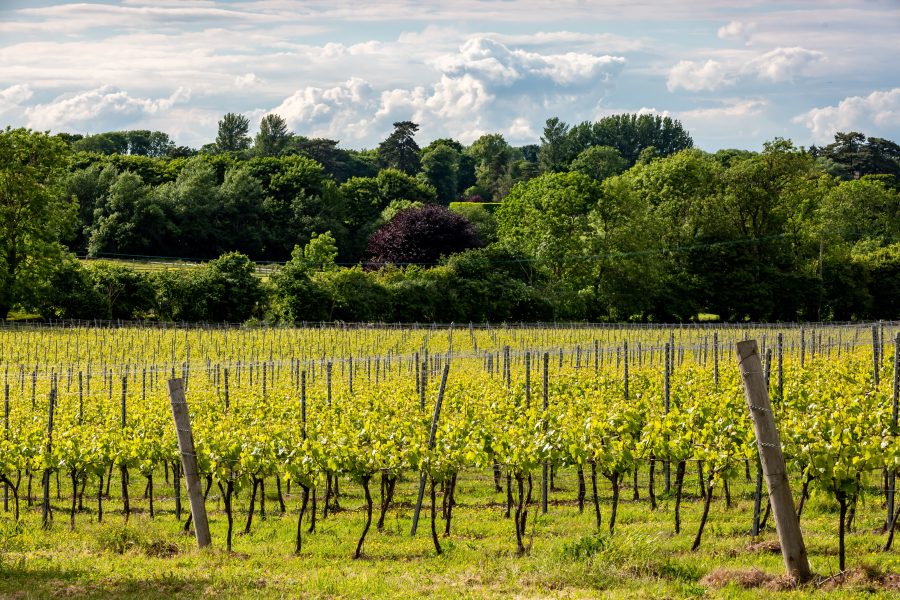Before leasing land for a vineyard, there are seven key points which should be given careful thought by a prospective tenant. By Stephen Taylor, commercial property associate solicitor, Mayo Wynne Baxter.
First, seek expert advice on the viability of the land for use as a vineyard before agreeing to any heads of terms and committing to a lease.
Next, carry out the usual commercial searches, including local, environmental and drainage and water searches, as well as considering more specialist environmental searches to assess fully the viability of the land as a vineyard.
The UK has just experienced the wettest 18 months since records began. Farmers have experienced flooding and ruined crops, so make sure detailed flooding searches are completed to check the land is suitable for growing grapes.
It’s important to check that all potential uses of the land are covered. Of course, the primary use for the majority of the land is likely to be growing grapes, but can the land also be used for processing and storing wine? Could the tenant open a shop and provide a place where visitors can drink wine on site?
The tenant should ensure all potential uses are covered off with the local planning authority, as planning permission will be needed for the construction of buildings for storing and producing wine, as well as for selling it. The lease itself should also give the landlord’s personal permission to all intended uses.
It takes four years for still wine and eight years for sparkling wine from planting through to having a product ready to hit the shelves, so ensure the term is long enough to allow the vineyard to become productive.
A considerable investment will be required to establish the vineyard, so the lease needs to be long term for the investment to pay off in time.
It’s important to find out if any rent concessions can be negotiated in the earlier years when the vineyard will not generate any income. This could be offset with an element of turnover rent in future years, allowing the landlord to benefit from the success of the venture but giving the tenant the best chance of success in the early stages.
Accept and plan for the fact that the vineyard may not work out, and ensure there is a break clause.
A long lease will be the preferred option, but if the land proves to be unproductive or there is another reason why the enterprise proves unviable, a tenant-only fixed break clause or even a rolling break clause, if possible, would bring the lease to an end earlier and provide an escape route.
This is particularly important as opportunities to assign the vineyard to another tenant will be limited due to the specialist nature of the use of the land.
Ask yourself if access will be needed across third party land and if this will be sufficient for a viable business. An agricultural access track might be enough for farm vehicles, but what about visitors? Negotiations might be needed with a third party if the landlord does not own all of the access tracks or roads which will need to be used.
Finally, the tenant should think about permits or licences to operate as a vineyard. For example, will it be possible to obtain a licence to sell alcohol to take away or consume on site? Specialist advice should be sought.
For more like this, sign up for the FREE South East Farmer e-newsletter here and receive all the latest farming news, reviews and insight straight to your inbox.







